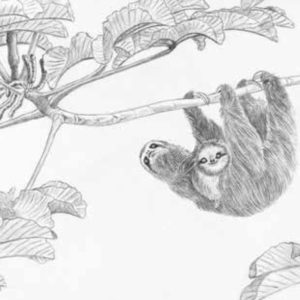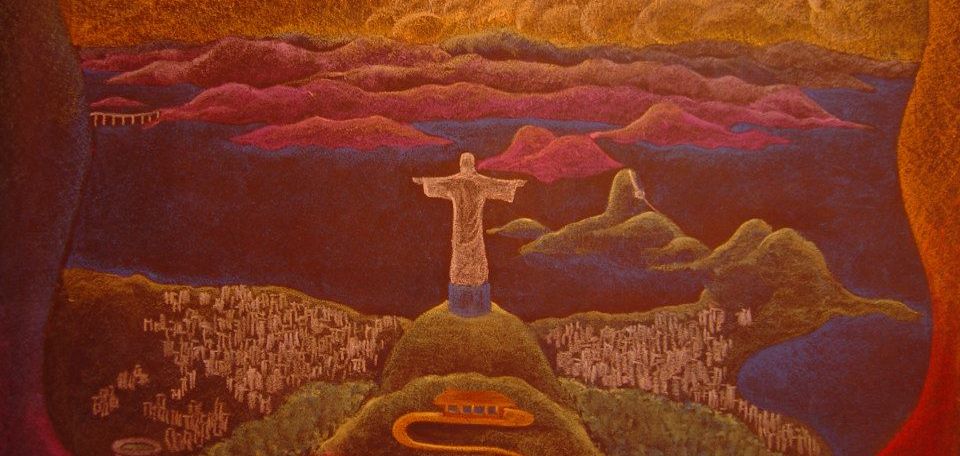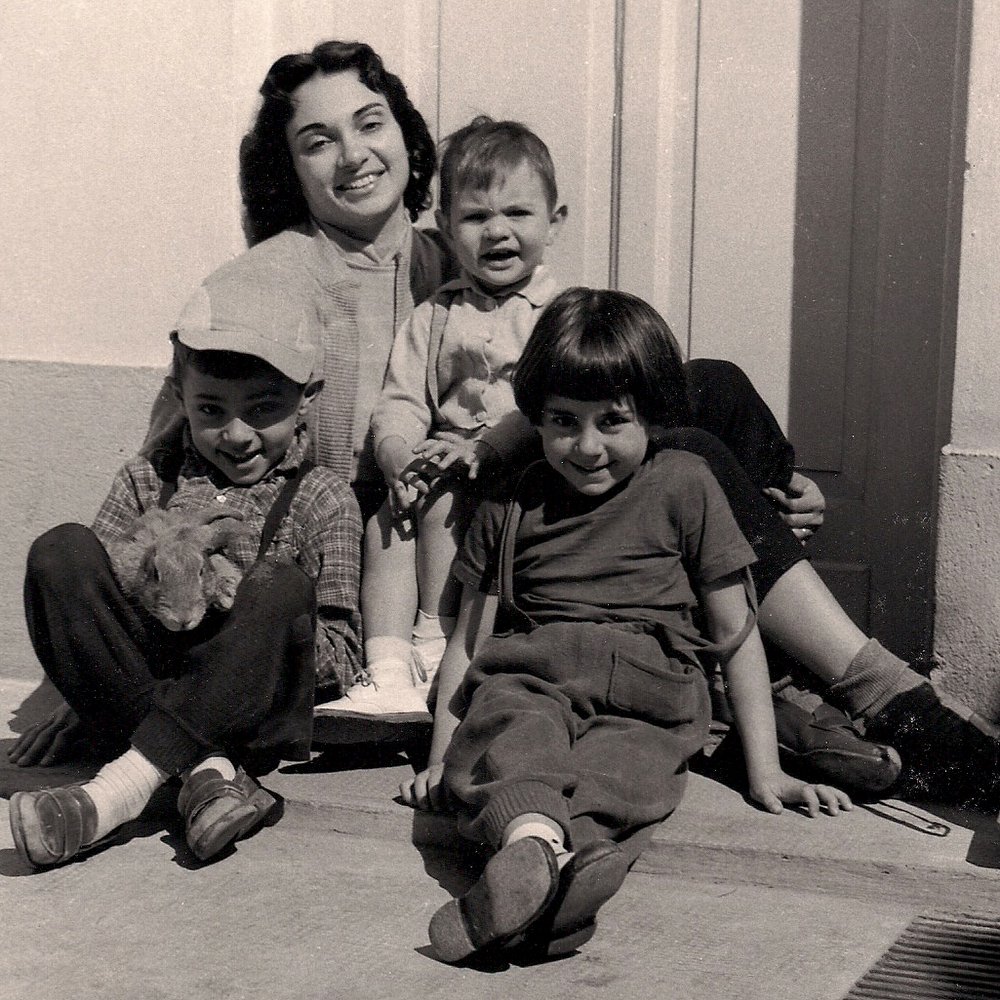[print-me target="body"]
by Pedro Paulo Salles
It is part of the book “From Mulungu to Manacá”, by Ruth Salles

Drawing by Pedro Paulo Salles
Dear Embaúba. So beautiful are you, in your slender, airy and thin carriage, different from other trees in its shapes and leaves,… Trees like you are very important to birds and other animals… And vice versa, of course!… I know you produce a lot of dark and elongated fruits (they look like bananas, don't they?), which have been the favorite food of the Capuchin Monkey and the Sloth, which climb you daily (I imagine the tickling…), but also of many other species. Your grains generate millions of seeds and their dispersion is done by countless vertebrates. According to data from Embrapa (do you know what it is?…), you are one of the trees with the highest number of dispersing animals in the forest. There are birds, bats, monkeys, sloths and a multitude of other beings that feed on their fruits and go out to fertilize the forest with their seeds…
So it is!
In a survey in the south of Pará about a disused airstrip (of airplanes – those noisy “tin birds”), the same Embrapa found that the rapid natural reforestation of the area was largely thanks to you, not only for the efficiency with which their seeds are dispersed, but also because they potentiate the dispersion of seeds from other trees. For this is how your fame spreads through the forest: it reaches long distances when launched by the rhythmic Morse beats of the woodpeckers, descends in raindrops - enveloped -, runs through the vines, climbs through the roots and thus reaches large portions of forest. .
That's why, due to the extent of your fame, you are known by so many names, from Amba-i, its indigenous Guarani name. At the registry office in the forest – remember? – was named Cecropia adenopus, but is better known by its regional nicknames, such as Ambay, Amba, Embauva, Umbauva, Imbauva, Mbaúba, Imbaúba, Embaúba, Ambaíba and Pau de Lixa, as its leaf can be used as sandpaper. Just the other day I had to drink an expectorant tea made from your beneficial bark. Thanks to you, I can breathe better now.
Your contribution to the sound arts of music and indigenous rituals is priceless, as they come from the dry trunk of your departed sisters, ideal structures for making umbrellas. The internal chambers of its hollow, interspersed with thorns, are ideal for the path of the falling seeds to produce the ideal sound effect. I am very grateful to you for that.
You know very well that your sweet and energetic fruit seduces the most beautiful birds, which take care to look for it for food in its high and light crowns. I imagine you smiling proudly when you see the tanagers, ties, anambés, toucans, tanagers, aracaris and many others on their languid branches feasting on grateful singing. You are generous in your calm existence.
In the old days, on the way to Ubatuba, we still saw, in the countless of their sisters that are still born on the side of the road, the Preguiças articulating their slow ascent in search of their coveted "bananas". We even stopped, on the side of the mountain, to admire the scene (things from my father, an eternal Dersu Uzalá…). But today the Sloths are more hidden in the woods, aren't they?… Yes,… I know you know very well, because you're not a fool.
Dear Embaúba, I never get tired of looking at your leaves (can you see the photo?…) when they are still with you on your feet, shining like silver in the sun. They're beautiful to look at… and they make your cup stand out from the rest… That's right… You know I'm not making this up.
Before saying goodbye, I can't help but say (not without some heartache, I must confess) that my people and I will do our best to ensure that you and your Embaúbas sisters still resist for many, many tree-days .
Now I say goodbye, because you must be tired of hearing me chattering (I know that you prefer the meek silence of the Preguiças or even the sound of the breeze on their weathervane leaves). So I leave you a big hug, because now I have to deal with my own fruits and seeds (not to mention the damn pests that sometimes insist on climbing me in a zigzag...),
yours
Pedro Paulo Salles, son of Ruth and Aloysio, father of João.
PS: if it's not a heavy burden for you, send a hug from me to Preguiças, please.
****







